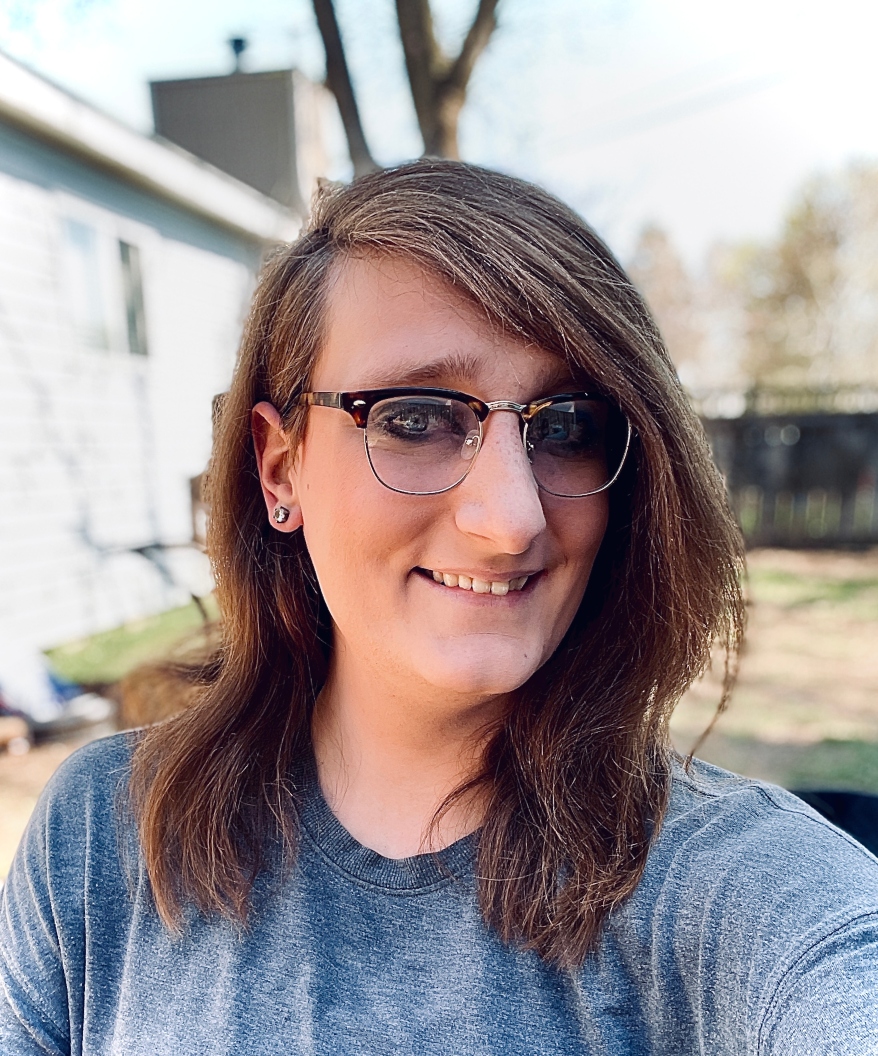Euphoria.LGBT, Inc Co-founder Robbi Katherine Anthony feels Austin is where she’s truly free to be herself.
By Robbi Katherine Anthony, Photo courtesy of Robbi Katherine Anthony
I lovingly refer to myself as a “transplant” when talking to folks in Austin.
In January 2021, I moved from Spokane, Washington, to Austin. When I use the word “transplant,” it’s a pun not only because I moved to a new city from elsewhere, but also because I’m a woman who happens to be transgender.
In 2019, my co-founder and I won Hackout, an LGBT startup competition, with Euphoria.LGBT, Inc., which creates mobile apps for the transgender community. Our apps help people navigate gender transition, from a medical, legal and social perspective. It’s technology that helps our users be who they are even faster.
This was my first visit to Austin, and for the first time there was a city I could see myself thriving in. This felt like a place where my talents could help my community and my business could flourish.
I find Austin significantly more accepting of a woman like me.
I am taller than the average WNBA player and have several other “unusual” characteristics that make it nearly impossible for me to blend in. In Spokane, visual differences brought me hardship, and it made it easier to be targeted by people’s lesser actions, discrimination and, at times, hate.
Moving to Austin hasn’t changed the fact I’m easy to pick out of a crowd, but there seems to be a shift in how my differences are treated. Texans show me hospitality and respect. Here, the word “woman” has power and a sense of belonging.
As a woman in Austin, I’ve found that I am indelible. If I meet a bartender or barista once at any of the city’s incredible restaurants, I can come back months later and they’ll remember me and treat me as a regular. I get to be genuinely unforgettable—one of a kind, yet part of the celebrated whole. While I experienced individualism in Spokane, it was often presented as something negative I had to look over my shoulder about. Here, Austin women stand out.
It sounds small, but it’s just a shift in perception.

Before Austin, I took refuge in the visual anonymity that comes from working behind a keyboard in the technology field. People didn’t value what I was capable of and only cared if I could code. It didn’t matter that I was trans. And while this eased the burden of some complex logistics around coming out and maintaining a career, I still felt like my life was in a suspended state of being.
My life as a woman started behind a keyboard in Spokane, but flourished into a real life in Austin.
The same techniques I applied to my own life run parallel with how the tech world thinks. For my transition, I had to will the vision of myself into existence in the face of others who said it couldn’t be done. For my work as an entrepreneur, bringing Euphoria to life is such a similar path. My transition has informed my ambitions as a developer. And my abilities have helped me hack my way into a body that conforms with who I am. Even then, that is my small corner of the larger tech scene.
I understand my ambition to help is not unique.
Other technologies are being designed and deployed to tackle specific great pains, and others are being engineered to delight.
It’s equally as inspiring to build technology as it is to witness the broader evolution of this industry. I am a walking testament of the power of tech, helping others establish agency with the download of an app. Technology enabled me to be the woman I am.
As I walk the floating pathway over Lady Bird Lake into our coworking space downtown, I see how quickly I’ve acclimated to life as a woman in Austin. My original desire to conform and blend into the crowd is now distant. Austin has allowed me to be recognized for my differences. And these differences are positive. I feel not only that I belong here. But also that I am accounted for.
We Stand Out
I believe the profile of the Austin Woman is less about some homogeneous belief. But instead is a lens where our most indelible qualities are highlighted and cherished. There seems to be the opposite of “a pursuit of conformity” here. Individuals and unique perspectives run every corner in this city.
To be a woman in Austin is to be part of a cohort of unique individuals who flaunt society’s most rigid and unfair expectations. So much so, I find myself increasingly forgetful of the fact that I am transgender. While counterintuitive, it’s almost as if my differences do give me a degree of conformity in this city.
To be a woman in Austin is best exemplified by standing out. This city has allowed me to be someone who isn’t afraid of her differences and instead leverages them to create change.
From my observation, this is the signature quality endowed to women of Austin. We stand out.

